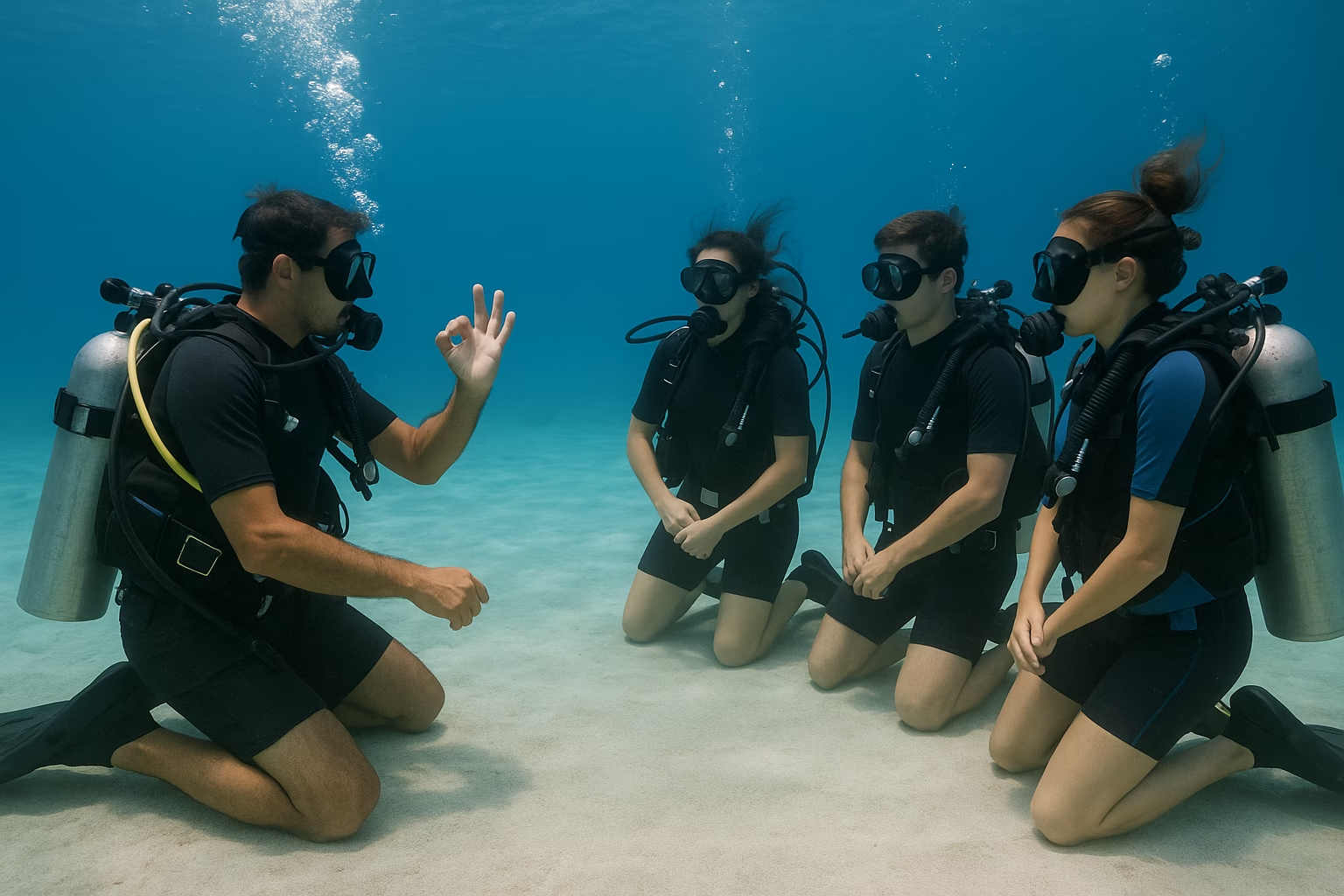Open Water Diver

The Open Water Diver Course is a beginner-level scuba diving certification program offered by various diving organizations like PADI (Professional Association of Diving Instructors) and NASDS ( National Association of Scuba Diving Schools).